It was originally shared on his Substack 'Deconstructionology' and is published here with permission. We’re delighted to share his reflections as part of an unfolding conversation about becoming more fully and freely human.
“Can you remember who you were, before the world told you who you should be?” – Charles Bukowski
Being human isn’t straightforward. Back in my religious days, I learned that Jesus was both divine and human. The “human” part was the easy bit. We are born human. The “divine” part was something you had to ascend to through proper faith and formation. Turns out that the reverse is true. The “divine” aspect of who we are is the ground of all being, it’s what we all are fundamentally. It’s the embodiment of that ground as Homo sapiens that is the grand invitation and challenge.
Jesus was special not because he was any more divine than the rest of us, but because he was more human than most people will ever be. The archetype of Jesus is being both divine and human. It’s not difficult to be divine OR human, but it’s another thing altogether to be a living integration of both.
Jesus was special not because he was any more divine than the rest of us, but because he was more human than most people will ever be.
We are all Homo sapiens, but as of today there are 8.2 billion different iterations of what this looks like based upon countless variables.
It’s a complex enterprise to be human. Lemony Snicket wrote in The Grim Grotto:
“People aren’t either wicked or noble. They’re like chef’s salads, with good things and bad things chopped and mixed together in a vinaigrette of confusion and conflict.”
Audre Lorde reflected:
“I am my best work - a series of road maps, reports, recipes, doodles, and prayers from the front lines.”
Each of us is a category of one. We are all 100% human and share common traits, but every person is a complex confluence of countless attributes and qualities that makes us a non-replicable singularity.
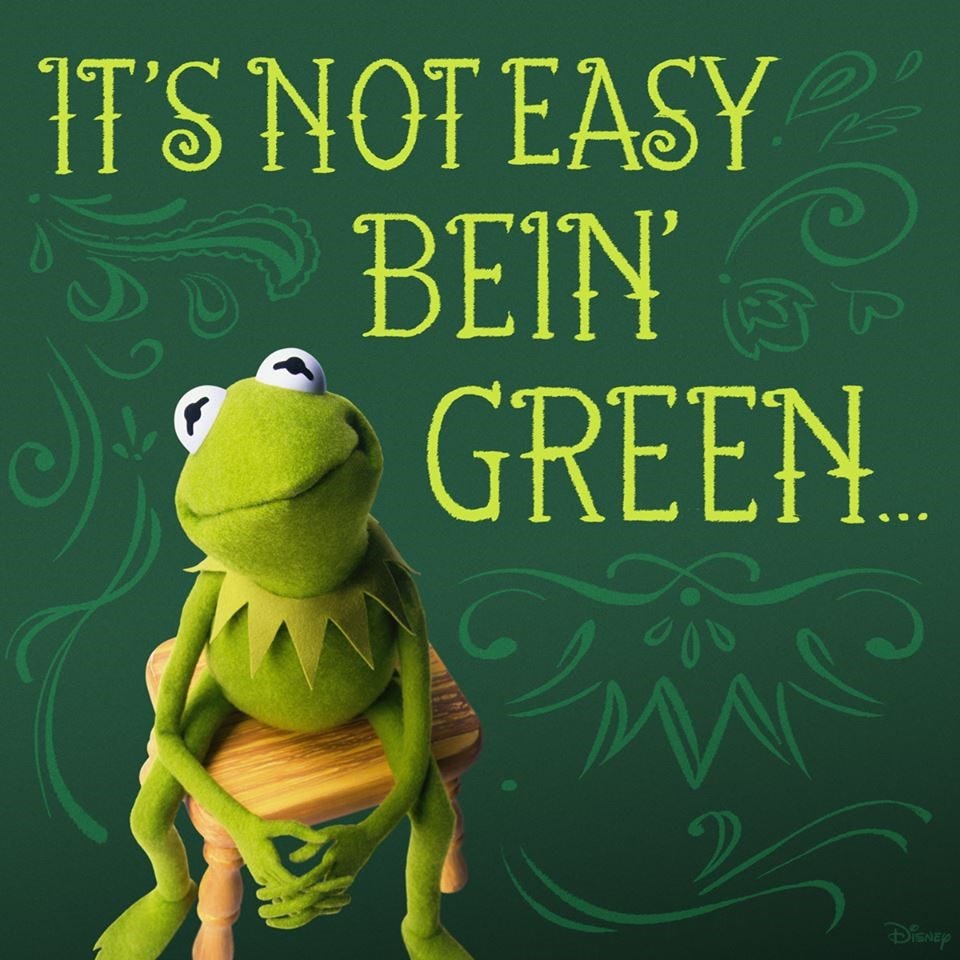
Kermit the Frog said, “It’s not easy being green.” It’s difficult being all of who we are in a world that expects and rewards conformity and fitting in. We show up in spaces where it’s okay to be part of who we are, but rarely do we find ourselves in scenarios where we can comfortably and unapologetically be all of who we are.
From the earliest age we are conditioned, categorized and commodified to assume a defined identity, brand, niche and role in society. Whether it be gender identity or sexual orientation, religious, spiritual or philosophical ideology, or one’s profession or vocation, we are given a list of options to choose from. Pick a letter, color, number, ism and job title.
Commodification or Self-Actualization
Abraham Maslow identified self-actualization as our highest human aspiration. “Self-actualization” was coined by the organismic theorist Kurt Goldstein as the motive to realize one’s full potential: “the tendency to actualize itself as fully as possible is the basic drive ... the drive of self-actualization.” Carl Rogers similarly wrote about our human actualizing tendency: “the curative force in psychotherapy – man's tendency to actualize himself, to become his potentialities ... to express and activate all his capacities.”
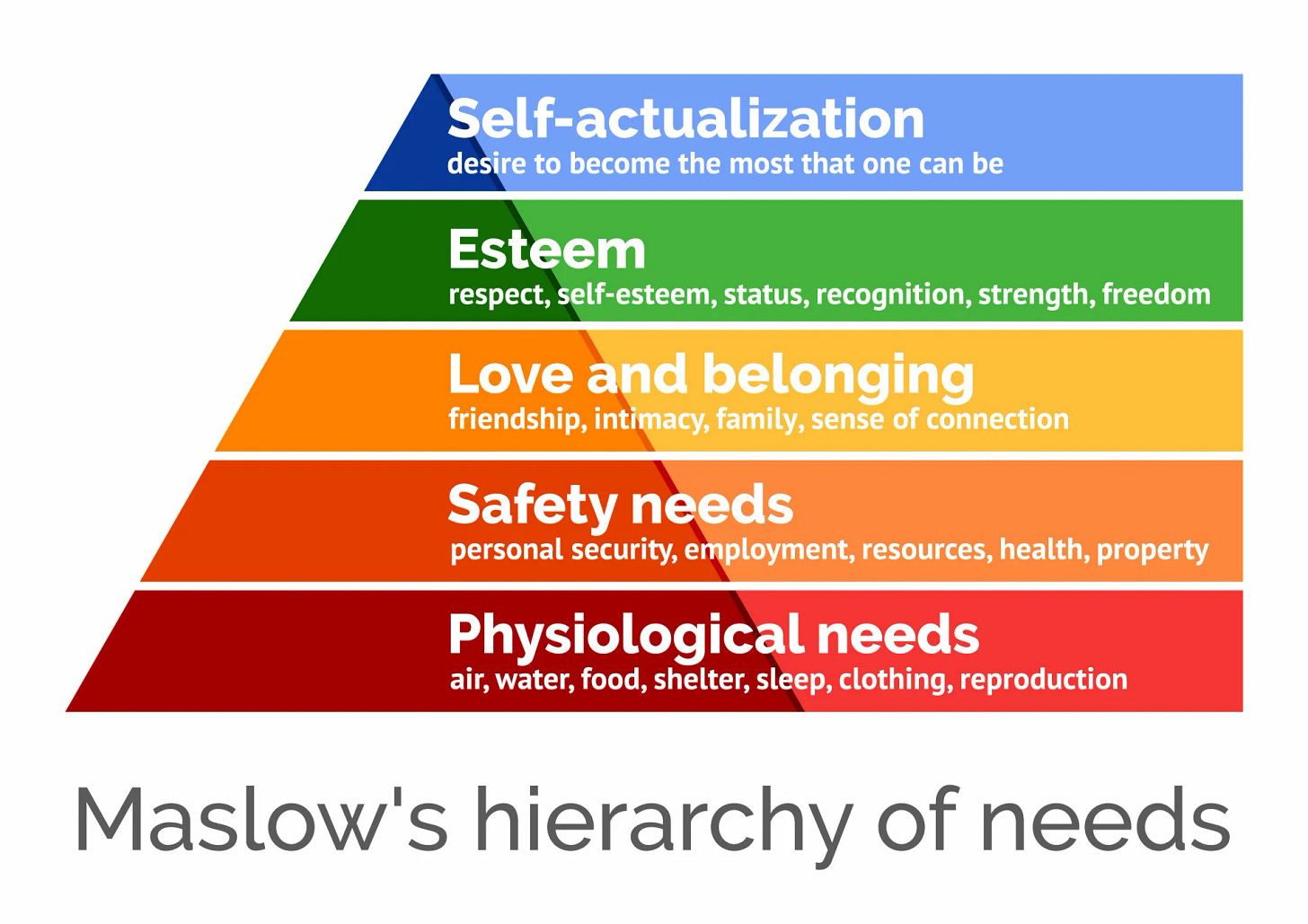
Perhaps no one better articulated the innate human desire toward self-realization than Carl Jung and his theory of individuation, the process by which we can fulfil our potential to become all that we can be. Jung wrote:
“The aim of individuation is nothing less than to divest the self of the false wrappings of the persona.”
The “persona” is our ready-for-prime-time, edited, filtered and performed self, that we offer the world in order to fit in, suitable for public use, and our social armor for navigating society’s pressures to conform. According to Jung, “Individuation is an heroic and often tragic task, the most difficult of all.”
The reason why self-actualization and individualization is so difficult is because this primal human longing is domesticated and repressed by society’s demand for conformity. Ralph Waldo Emerson wrote:
“To be yourself in a world that is constantly trying to make you something else is the greatest accomplishment.”
Kurt Cobain said in an interview, “I was tired of pretending that I was someone else just to get along with people.”
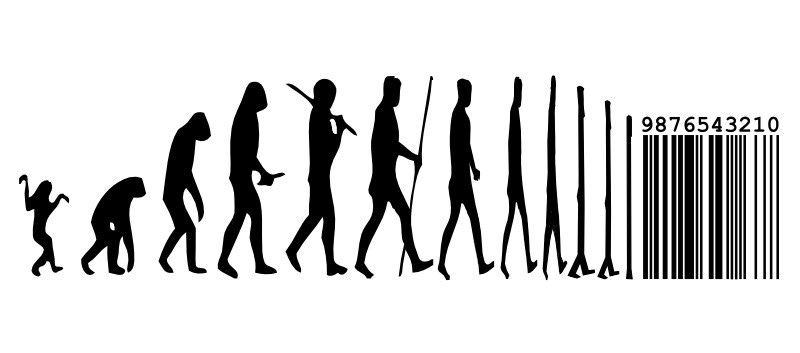
Though I cannot give the topic of self-commodification its just due in this article, I encourage you to explore it further for yourself.
The commodification of self refers to the process where individuals begin to view and treat themselves as marketable objects, often in the context of personal branding and the pursuit of success in a capitalist society. This involves shaping one’s identity and presenting it as a product to be consumed by others, often through social media or other platforms. While it can offer opportunities for personal advancement and financial gain, it also raises concerns about the potential for dehumanization, alienation, and the erosion of authentic selfhood.

At risk of sounding conspiratorial, most societal institutions (education, religion, government) aim for conformity, orthodoxy and control. In a previous article I discuss this reality through the work of philosopher, Michel Foucault.
On Being Letters and Numbers
In early adulthood I was introduced to the world of personality tests. It seemed logical to access my fundamental drives, tendencies and strengths.
Throughout my life I‘ve done my fair share of personality tests and purpose assessments. I believe the first one was the DiSC Profile. I’m a High D and I. In terms of the Myers-Briggs, I am an INFJ. With respect to the Enneagram, my type is The Achiever.
The first personality assessment measures were developed in the 1920s and were intended to ease the process of personnel selection, particularly in the armed forces. Since then, personality tests have proliferated.
The Minnesota Multiphasic Personality Inventory (MMPI) is a widely used psychological test designed to assess personality traits and psychopathology. It's a standardized assessment tool that helps clinicians understand an individual's personality characteristics and identify potential mental health conditions. The MMPI is composed of true/false questions that evaluate various aspects of personality and psychological functioning.
The Big Five model, also known as the Five-Factor Model, is a widely accepted framework in personality psychology that describes personality traits along five broad dimensions: Openness to Experience, Conscientiousness, Extraversion, Agreeableness, and Neuroticism (often remembered with the acronym OCEAN). There are countless other assessments that are designed to aid a person in discovering their core personality.
These are tools I sometimes use in my belief-system de/reconstruction work with people as they cultivate a vital relationship with themselves through self-exploration. My word of caution is not to turn these tools into a religion. None of us fit perfectly into a four-letter category or two-word type.
A couple fundamental books related to personality assessment include:
- Psychological Types by Carl Jung
- An Introduction to Theories of Personality by Olson and Hergenhahn
- Me, Myself, and Us by Brian Little
- Personality Psychology: Domains of Knowledge About Human Nature by Larsen and Buss
I would be remiss not to mention that as useful as personality tests have been, there is also a dark side to consider. Personality tests can be discriminatory, reinforce harmful stereotypes, and oversimplify complex personalities. Individuals may not fit neatly into the pre-defined categories of personality tests, leading to misinterpretations and inaccurate assessments. Personality is multifaceted and nuanced, and tests may not capture the full complexity of a person’s character.
A couple articles to review with this in mind, include:
- 'They become dangerous tools': the dark side of personality tests
- How Accurate Are Personality Tests?
A book to consider reading on this subject is, The Personality Brokers: The Strange History of Myers-Briggs and the Birth of Personality Testing by Merve Emre.
When You Don’t Fit
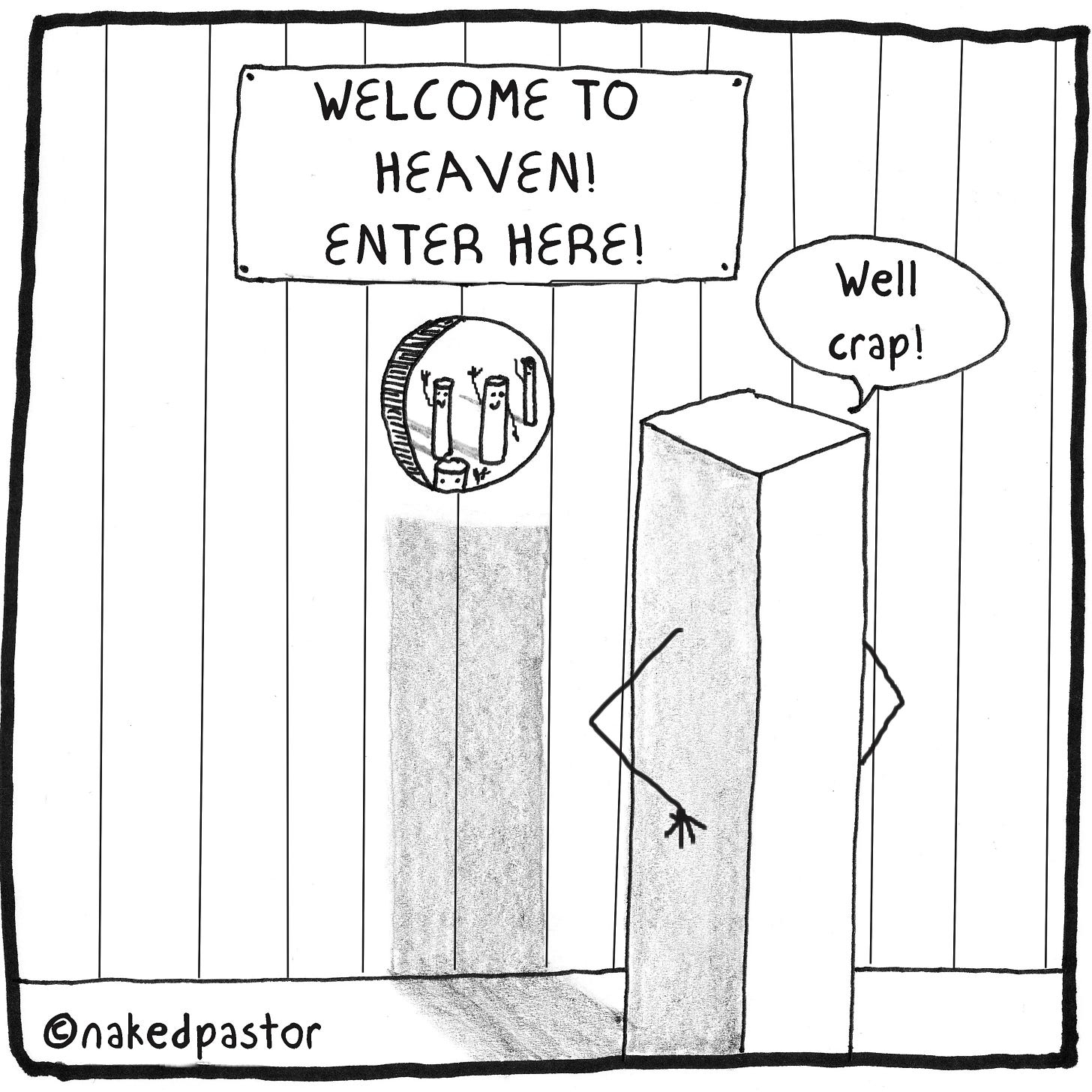
I’ve always been acutely aware that I don’t fit anywhere - a square peg in a round hole and the outlier. I’m typically too much of one thing or too little of another to comfortably assume membership in any one particular camp or tribe.
I am a polymath, eccentric, enigmatic and contrarian. I tend to question and deconstruct everything, which often threatens scared cows, ruffles feathers and disturbs the peace. I’ve learned to keep a lot of myself walled off, and instead assume an accommodating posture in order to fit in. I have done this at some cost, often feeling like a shrink-wrapped octopus.
Behind my congenial social armor, my interests and ways of seeing the world are steeped in paradox. A few examples would be:
- I find great significance in the philosophy and psychology of religion, but I’m not an adherent or practitioner of religion myself.
- I desire to aid individual self-actualization and liberation, but I hold a deep conviction about seeking collective, societal and planetary flourishing.
- I don’t believe in the “God” or supernaturalism of religion, but the label of “atheist” feels restrictive to my interests in ultimate, transcendent and spiritual reality.
- Though I am often promoting physical, mental and relational health, I’m convinced that the conversation we most need to have is about existential health.
- I place a high value on expertise in a particular field, but I’m a staunch advocate for multidisciplinary knowledge and diverse experience.
- The profound simplicity of the deepest truths resonate with my soul, but I believe they can only become living truths when embodied in contact with a world of complexity, volatility, ambiguity, crisis and uncertainty.
- I draw inspiration and wisdom from figures such as Jesus, the Buddha, Bertrand Russell, Kurt Cobain, Audre Lorde, Jacques Derrida, Rachel Carson, Albert Camus, Malcolm X, Emma Goldman and Fred Rogers without contradiction.
- I see the fields of psychology and psychoanalysis as staples of human development, but also the necessity of integrating these with political philosophy, systems theory and ecology.
- I am a proponent of the ardent study of history, while marshalling our best thinking and efforts to address the current metacrisis, the Anthropocene, future ancestor responsibility and transcultural activism.
- Some days I’m poised and eager to launch a revolution, save the planet, announce my Theory of Everything, be crowned thought-leader and public intellectual of our time, and feel awesome about the impact I am having… while other days I’m not sure what the hell I’m doing, wondering if I’m making a dent in anything that matters, feel ten steps behind the truly smart and influential people, and contemplate fading into the woodwork of insignificance, eat Reese’s Peanut Butter Cups, see what the Squid Game is all about… never to be heard from again. (Phew! Glad I got that off my chest.)
Here’s my point. I’m starting to think more people are like me than I previously imagined. Specifically, people who often feel they don’t fit, and are often editing, filtering, shapeshifting or repressing themselves in acquiescence to the gods of commodification and brand.
Abraham Maslow wrote:
“If the essential core of a person is denied or suppressed, they get sick sometimes in obvious ways, sometimes in subtle ways, sometimes immediately, sometimes later.”
Lately, I’ve been thinking about what my “essential core” is. More specifically, what truly matters to me and what I most deeply care about. I’ve been introspectively examining my spool of energy, clarity and coherence that I return to again and again, and the threads that tug at me, call me forward, and makes me say, “This matters!”
There’s an empowering concept from Buddhist psychology termed “brilliant sanity”, which is referring to the inherent wisdom and clarity present in every individual, even amidst confusion or mental distress. Brilliant sanity describes a tacit knowledge at the deepest level. We are not always in touch with our brilliant sanity, but it is always there and available for us to tap into.
The basic premise of “brilliant sanity” is that we all have within us a natural dignity and wisdom, and that our basic nature is characterized by clarity, openness, and compassion. We may be out of touch with this wisdom and clarity, but it is always present and can be cultivated into our lived human experience.
For the purpose of this article, I want us to think of “brilliant sanity” as our unique sense-making framework deep within us. Operating there both satisfies our soul and offers something profoundly meaningful and impactful to the world. Let me use myself as a case study for this kind of “brilliant sanity”.
From Candidates for the Hereafter to Students of the World
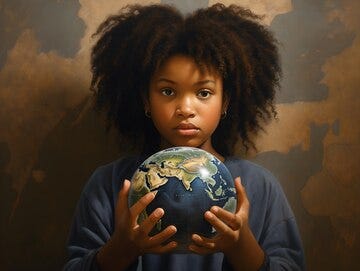
A few months ago I published an article in a seven-part series titled, The Great Reconstruction. The concluding article was titled, Converting candidates for the hereafter into students of the world. That title is based upon a larger quote by German anthropologist and philosopher, Ludwig Feuerbach, which reads:
“My only wish is to transform friends of God into friends of man, believers into thinkers, devotees of prayer into devotees of work, candidates for the hereafter into students of the world, Christians who, by their own procession and admission, are half animal, half angel into persons, into whole persons.”
Feuerbach’s sentiments deeply landed with me. In my religious de/reconstruction work I am often seeking to “transform friends of God into friends of men.” Meaning, I often support people in transitioning from the religious orientation of appeasing a supernatural deity in the sky, to a spirituality that honors and strengthens a more profound human solidarity.
Interestingly enough, Jesus himself was not fond of the title “Son of God” and preferred “Son of man”, which represented his radical solidarity with humankind, the human condition, and particularly his identification with the vulnerable, marginalized, forgotten, and oppressed.
Too often, religion focuses people on their individual salvation and so-called personal relationship with God, while Jesus insisted that the highest truth is embodied in the love of neighbor and stranger, friend and foe, native and outsider, thereby dissolving any distinction between “us” and “them”. The chief characteristic of true religion is not an elaborate theology or dutifully keeping a check-list of rituals, sacraments and observances, but to see God in everyone you meet.
An expression of my “brilliant sanity” is to “transform friends of God into friends of men.”
I’m also vested in aiding people in transforming themselves from “believers into thinkers.” In other words, to reshape one’s religiosity into deeper human development in areas such as critical thinking, complex reasoning, and a broad base of multidisciplinary knowledge.
Bertrand Russell wrote, “So far as I can remember, there is not one word in the Gospels in praise of intelligence.” That might be a little unfair, but I often see how some forms of religion leave behind significant human development deficits, and one significant deficit is an inadequate base of knowledge.
Many people who leave high-control religion grieve the loss of never having had the opportunity of cultivating a broad and rich intellectual life. High-control religion cripples a person’s critical thinking skills, induces fear about the world outside their religious sub-culture, controls access to entire fields of knowledge, and dulls our natural impulse to cultivate our intellect.
Cultivating a robust intellectual life is one of the most consequential deconstruction practices and pathway in developing a meaningful and liberating post-religion spirituality.
I sometimes feel like a broken record in praise of self-education and autodidacticism, which is the process of acquiring knowledge or skills independently, without the guidance of a formal educational institution. It involves actively seeking out information and learning through personal effort, often through reading, online resources, or practical experience. This approach to learning emphasizes individual agency and the pursuit of knowledge for personal enrichment or professional development. Part of my “brilliant sanity” is my deeply-held conviction that knowledge is central to becoming more human.
Knowledge is power. Learning new things enables us to make informed decisions, solve problems, and achieve our goals. Knowledge is critical for cultivating individual, societal and planetary flourishing. “The more you know”, right? Conversely, ignorance can have tragic and far-reaching implications and consequences.
Continuing with Feuerbach’s quote, another aspect of my “brilliant sanity” or sense-making in the world is turning “devotees of prayer into devotees of work.” In other words, to understand that the transformation of the world is not a matter of divine intervention, but human responsibility, accountability and action. I discuss this point at length in my article, Who's supposed to save the world, God or Us? Why we need a radical theology to survive and thrive. In my view, the great contribution of “Christian Atheism” is the idea that the death of God in Jesus results in the transfer of divine power and authority from the “Big Other” to an equalitarian community devoted to the remaking of the world.
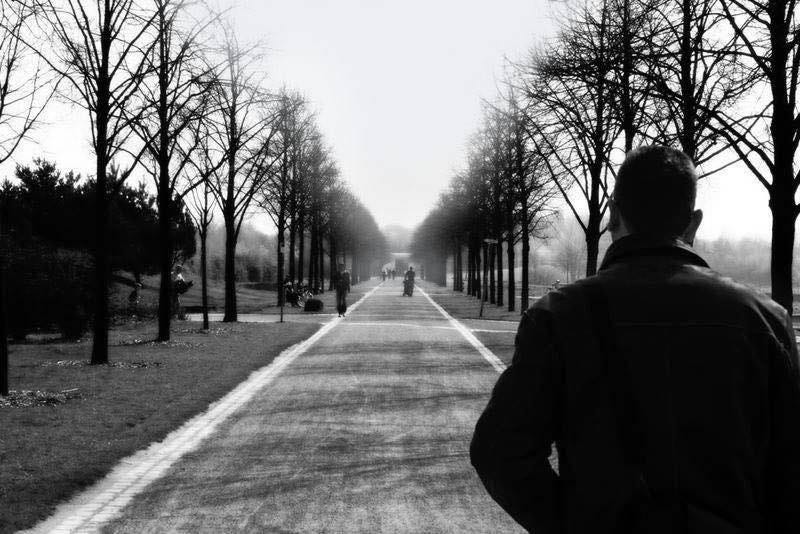
Perhaps the line in Feuerbach’s quote that best sums up my “brilliant sanity” is working to turn “candidates for the hereafter into students of the world.”
Religion told me it was sinful to love the world, and to be careful not to love the world too much. But then I discovered I had hardly loved it at all, and that my error was not loving too much but too little. Even writing this now brings tears. I’m not against religion and I realize that for many people religion is a source of wisdom, love and compassion. But I don’t think we are here to wait around for the hereafter. Somehow the vision of Jesus for a transformed society, got twisted into an afterlife fantasy about heaven.
Friedrich Nietzsche wrote, “I beseech you, my brothers, remain faithful to the earth, and do not believe those who speak to you of otherworldly hopes.”
What does “faithful to the earth mean”?
Faithful to...
- Becoming fully what you are
- Actualizing our highest potentialities and possibilities
- Preventing and alleviating human and planetary suffering
- Aiding human and planetary flourishing
- Honoring the gift of life by embracing it wholly
What are these "otherworldly hopes"?
- Anticipating an eternal complete makeover
- Regarding the afterlife over the herelife
- Holding out for heaven
- Praying for divine intervention to fix your life
- Waiting for God to solve the suffering of the world
People are waiting on Jesus to return to save the world and end suffering, rather than taking responsibility for saving the world and solving suffering ourselves. We think there is magical potency in uttering the name of Jesus, rather than accessing our own natural powers and capabilities to effect change. People have come to associate Jesus with church, theology, politics and power, rather than courage, justice, humanity, beauty and love.
Ludwig Feuerbach is widely regarded as an atheist and was a strong critic of religion. He famously argued that God is a human projection, a concept created by humans to externalize their own best qualities and desires. Yet he borrowed a common Christian understanding to make a profound point by asserting that he wanted to transform, “Christians who, by their own procession and admission, are half animal, half angel into persons, into whole persons.”

In Carl Jung’s psychology, Jesus is often seen as a powerful archetype of the Self. Being both “divine” and “human” is liberation from an external code, system or authority, and living in alignment with a deeper, unifying center of the personality, a guiding principle towards wholeness... our brilliant sanity.
The religious establishment often challenged Jesus, “By what authority do you say this or do that? Jesus never answered by appealing to any external authority. what makes Jesus immeasurably different than any religious guru is precisely the fact that he spoke and acted without any political or ecclesiastical power, and challenged the legitimacy of institutional and coercive authority. What gave weight to the words of Jesus was the authenticity and potency of the words themselves, and the embodiment of those words in the life he lived.
Jesus was unique among the men of his time in his ability to overcome all forms of authority-thinking. The only authority which Jesus might be said to have appealed to was the authority of the truth itself. It’s curious to me that we don’t think of “being like Jesus” as including listening to and following the spirit of truth inside each of us. Instead, we externalize this authority to someone or something outside ourselves. We presume we should defer to the experts in theology, gurus of spirituality, and celebrities of faith. You can go that route, it’s just that you would be spurning the example Jesus left.
Jung viewed Jesus as a symbolic representation of this Self, embodying the potential for human transformation and the integration of seemingly opposing forces (divine and human, conscious and unconscious). Jung believed that the life of Jesus, as depicted in the Bible, mirrors the individual's journey of individuation, a process of self-discovery and personal growth.
This interpretation of Jesus as the Self goes beyond a simple understanding of the persona (the social mask) and highlights the potential for deeper self-understanding and personal transformation through confronting and integrating various aspects of one’s personality.
What’s Your Brilliant Sanity?
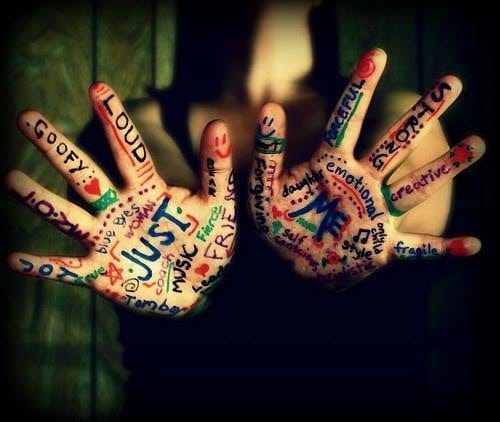
In The Beauty Myth, Naomi Wolf wrote, “She wins who calls herself beautiful and challenges the world to change to truly see her.”
So how does one squeeze their “brilliant sanity” into a set of letters or numbers, or a niche, brand, title or tagline? At your point of contact with the world, how do you tell people who you are and what you do?
Here, let me try for myself.
I help people become more human and love the world.
I do this by transforming friends of God into friends of man, believers into thinkers, devotees of prayer into devotees of work, candidates for the hereafter into students of the world—half animal, half angel human beings into whole persons.
I’m interested in self-actualisation not just for the individual, but for collective, societal, and planetary flourishing.
You could say I'm the More Human guy.
Actually, in my mind, becoming more human is learning to love the world.
Each of us wins when we refuse to be commodified into letters, numbers, brands and taglines and call ourselves more human, and challenge the world to to truly see us.
So, what’s your brilliant sanity?

Each of us wins when we refuse to be commodified into letters, numbers, brands and taglines and call ourselves more human, and challenge the world to to truly see us.
Ikigai
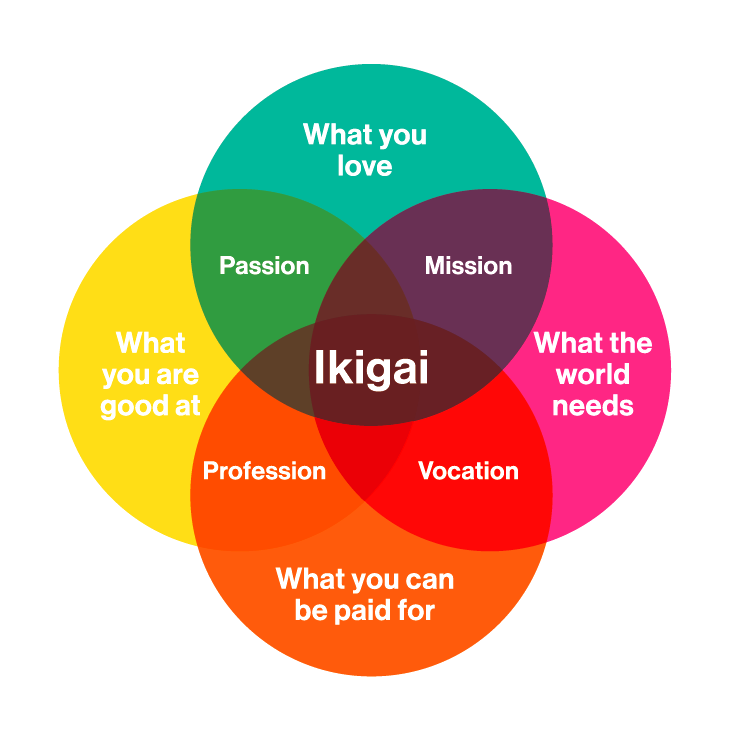
Many people seek to turn their passion (what you love doing) into their profession (something you get paid for). I recently discovered the concept of Ikigai.
Ikigai (生き甲斐) is a Japanese concept that translates to “a reason for being” or “a reason to live”. It encompasses the things that make one’s life worthwhile and brings a sense of purpose, satisfaction, and joy. It’s not just about finding a career or a single passion, but a combination of elements that give life meaning and make you want to get out of bed each morning.
The core of Ikigai is intersection of what you love, what you're good at, what the world needs, and what you can be paid for. Here’s a good place to explore the concept further.
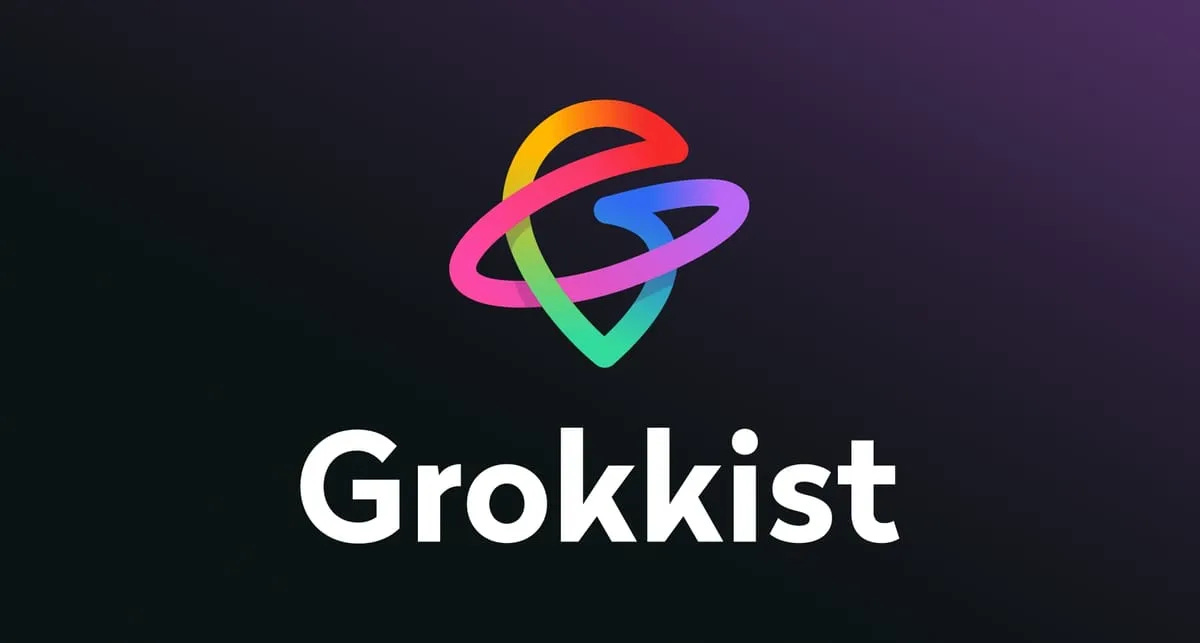
I had a great conversation with Danu Poyner, founder of Grokkist. I joined the Grokkist community about a month ago.
A brief description reads:
“This is a space for people who don’t fit into neat categories—a gathering place for multidimensional thinkers, thoughtful explorers, and dreamers who are looking for something meaningful. Whether you’re bursting with ideas or just dipping your toes in, you’re in the right place.”
To be honest, there are very few social media or online sites or networks that I find that inspire, challenge, invigorate and deepen me. Substack is one of them. But in my view, Grokkist has taken collaborative community to a whole other level.
Grokkist is a great community if you’re wanting dialogue and feedback around what you’re up to in the world. It’s an incubator of curiosity and care, which allows you to pilot your not-ready-for-prime-time ideas, projects and endeavors. My radical human development challenge is to join Grokkist, and complete the Unlock your Grok process, which is a great tool for bringing clarity and direction to your personal passions and desire to make a difference in the world. I also took the Find Your Red Thread Course, which is phenomenal and I highly recommend it.
In Summary
- Fitting in is fool’s gold.
- Each of us possesses a brilliant sanity that satisfies our soul and transforms the world.
- Religion told me not to love the world too much, but then I discovered my error was loving it too little.
- Become more human.
“People are always saying you should be yourself, like yourself is this definite thing, like a toaster. Like you know what it is even. But every so often I'll have, like, a moment, where just being myself in my life right where I am is, like, enough. Sometimes it seems like we’re all living in some kind of prison. And the crime is how much we hate ourselves. It’s good to ... admit the truth: that when you really look closely? People are so strange and so complicated that they’re actually beautiful. Possibly even me.”
– Claire Danes, in My So-Called Life
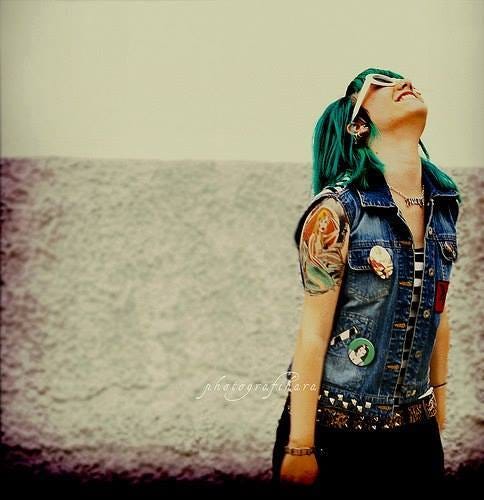

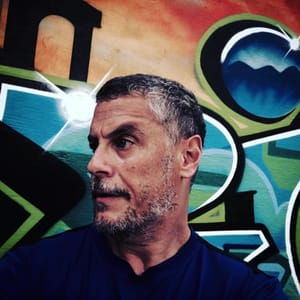
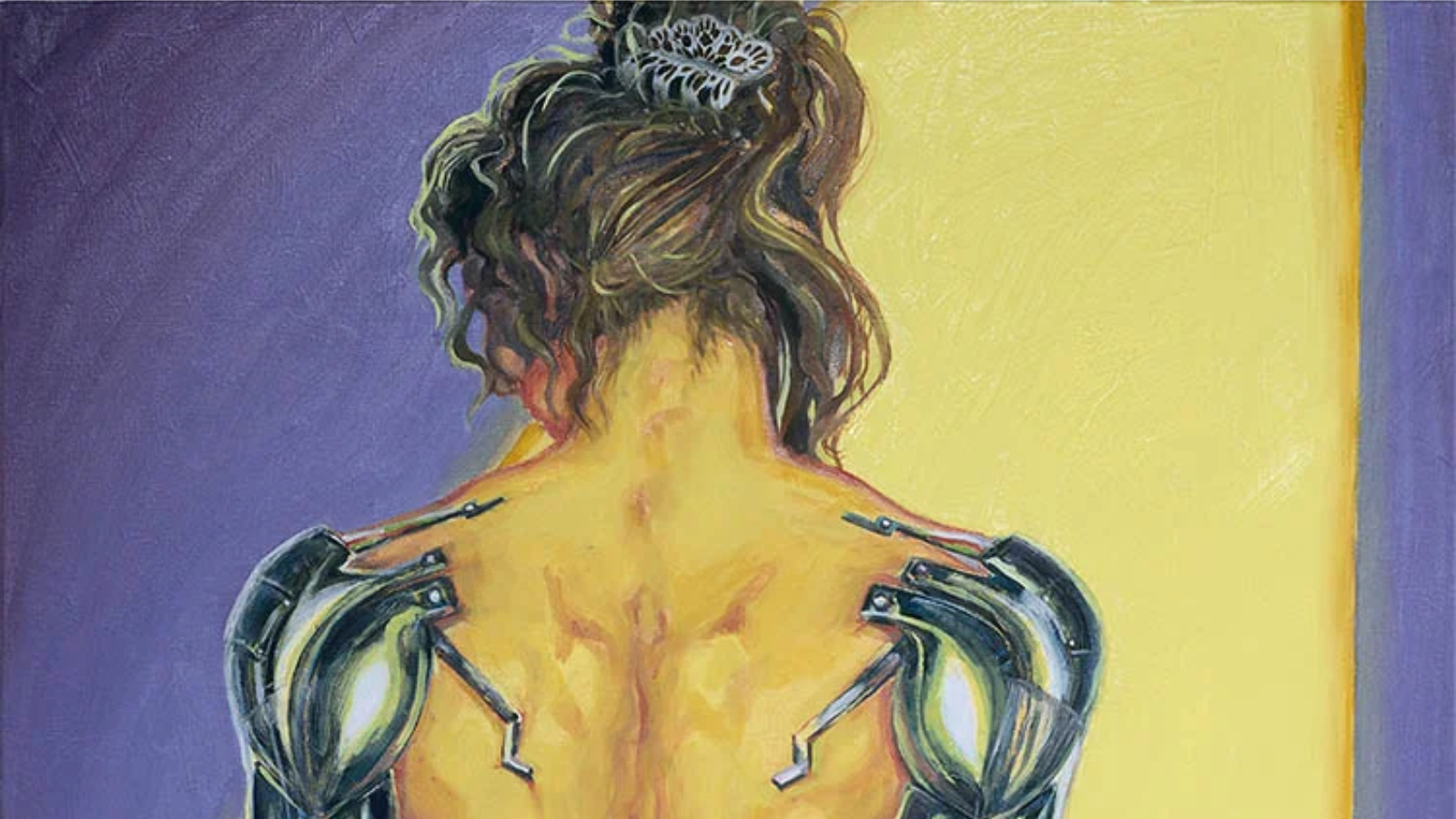
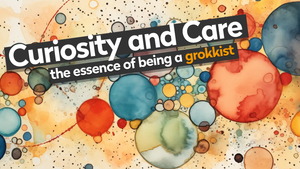


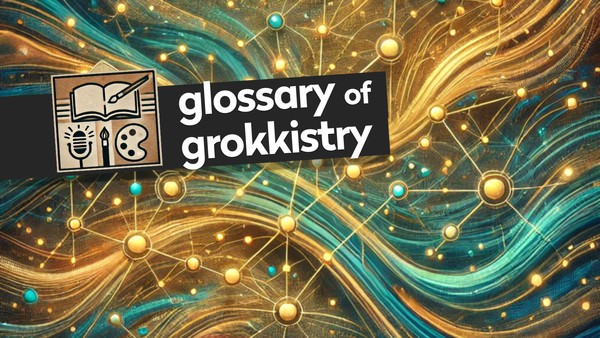
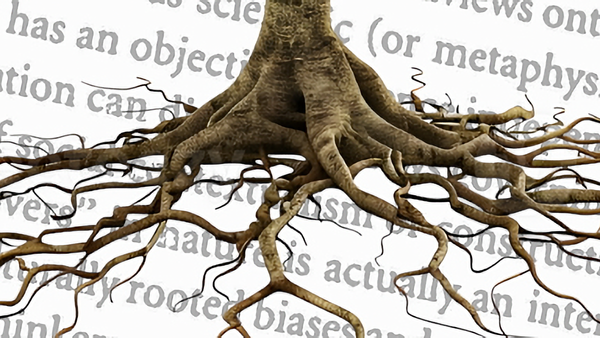
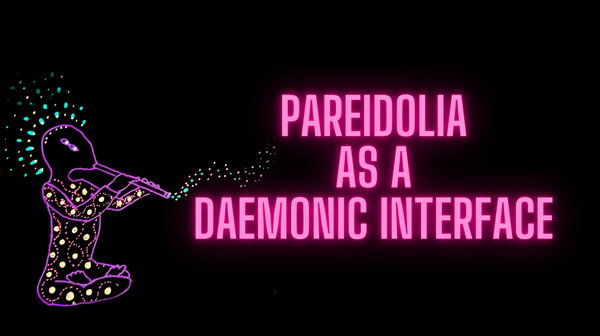
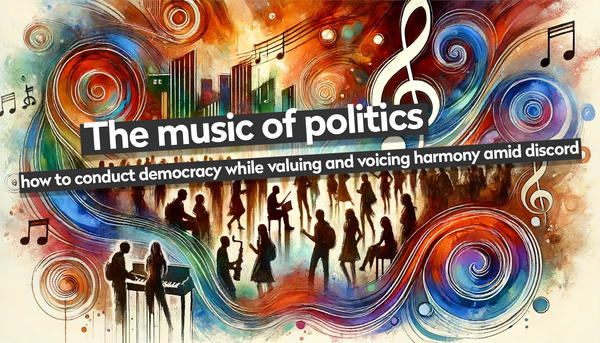
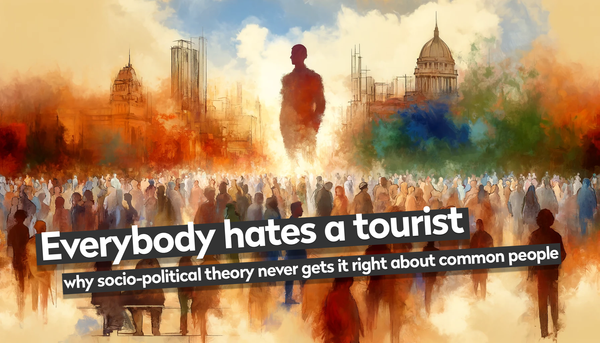
Member discussion